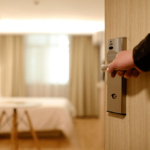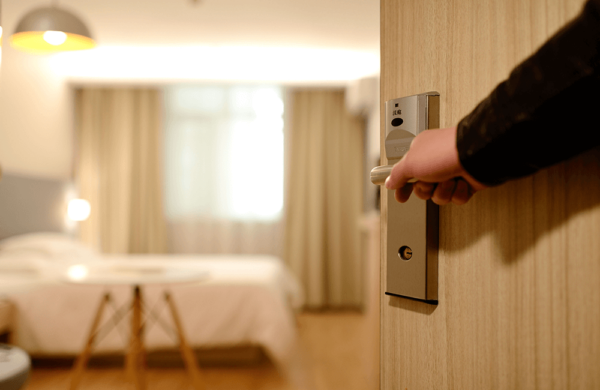Unlock the Secrets to a Rejuvenating Night’s Rest: Deep Sleep
Have you ever woken up feeling groggy and disorientated? Or maybe you struggle waking up in the morning and have trouble shaking that sleepy feeling? Ok, maybe you’re just not a morning person but it turns out science may have an explanation that proves you aren’t lazy.
You may have heard that adults need between 7 and 9 hours of sleep each night. So, you might be surprised to learn that this alone is not enough!
The quality of your sleep matters, and deep sleep is crucial to feel fully refreshed and ready to take on the day when you roll out of bed in the morning.
Deep sleep supports memory, growth and cell regeneration all while you are fast asleep! Sounds good right?
In this post we’ll take a look into the different stages of the sleep cycle, the benefits of getting enough deep sleep and some practical tips for improving the quality of your night’s sleep as well as answer important questions like much deep sleep do you need?
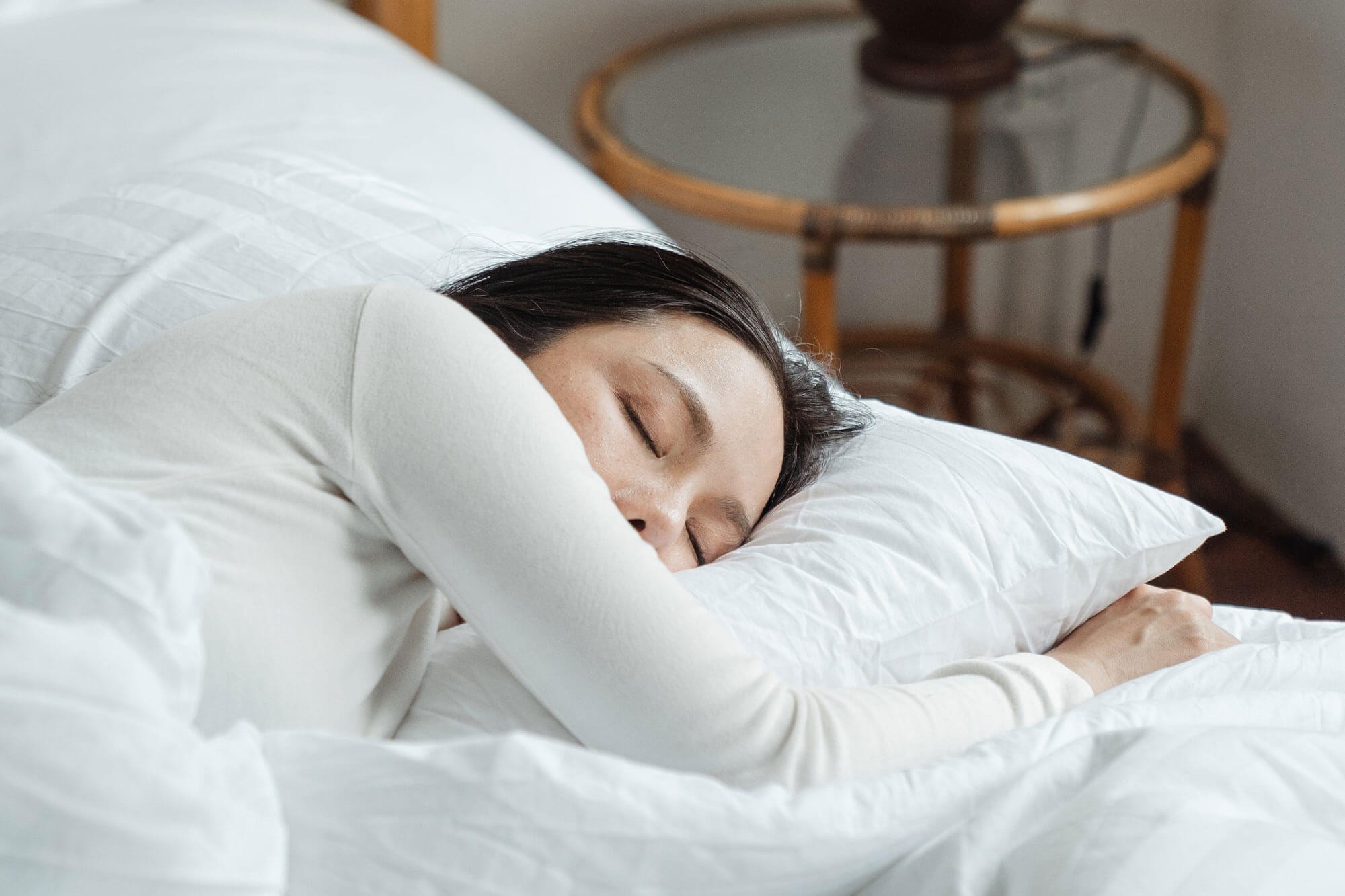
What is Deep Sleep?
Deep sleep, also known as ‘slow-wave sleep’ is thought to be the most restorative stage in the sleep cycle. During deep sleep, activity in the brain appears in long, slow waves called delta waves. This stage in the sleep cycle is often referred to as heavy sleeping or being fast asleep.
You need adequate deep sleep to wake up feeling refreshed, rejuvenated and well-rested in the morning. Among its many benefits, deep sleep supports memory, growth and cell regeneration.
If you are woken during the deep sleep stage you may experience sleep inertia, a period of fogginess, for several minutes after awakening.
During the deep sleep stage your muscles relax, blood supply to the muscles increases, heart rate and breathing slow and the body promotes tissue growth and the release of essential hormones.
Without the functions that occur during deep sleep you are more likely to suffer with sleep deprivation which is linked to memory problems and other health issues.
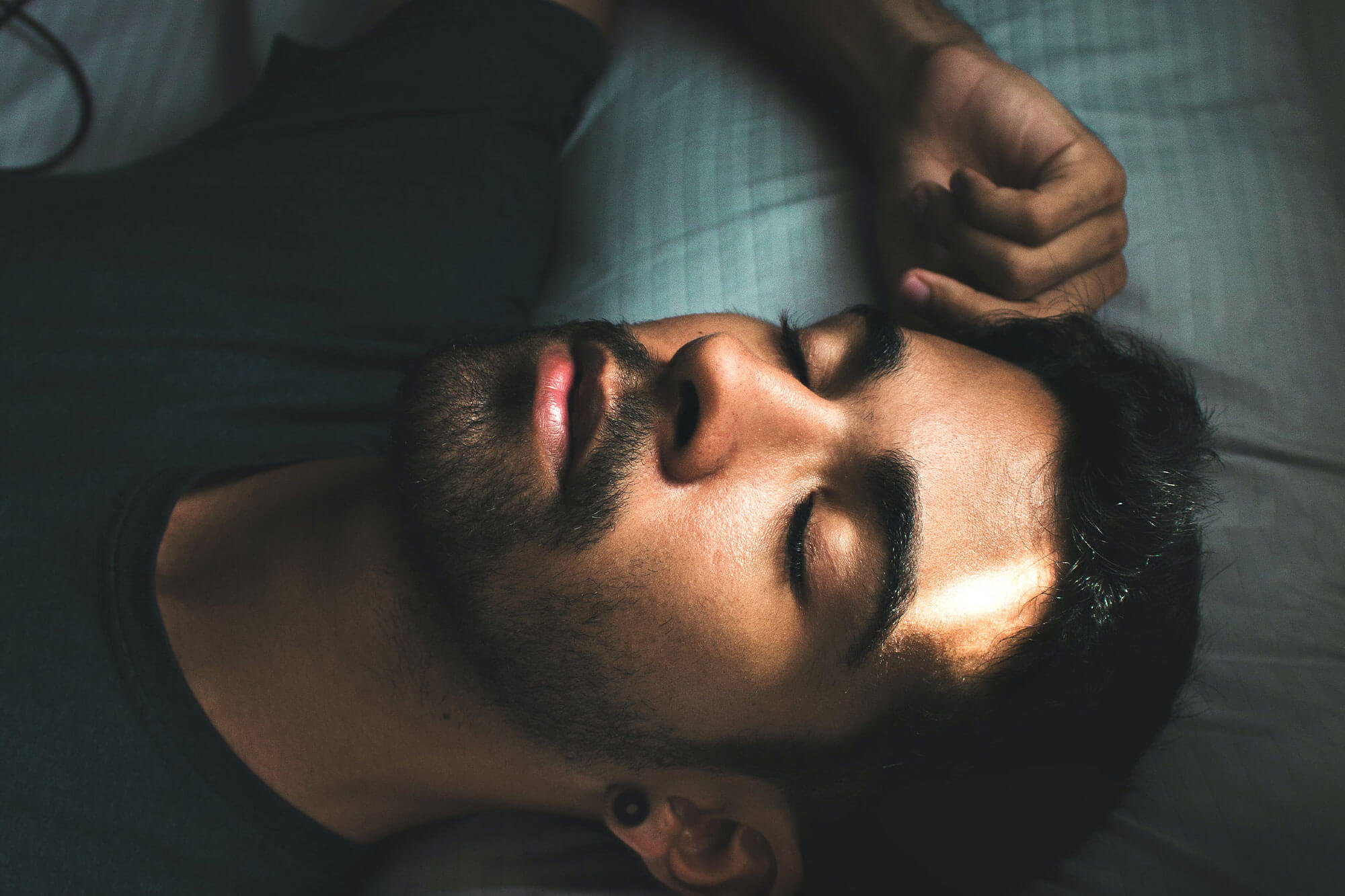
The Sleep Cycle Explained
When you rest, your body goes through different stages of the sleep cycle. There are two different types of sleep in each cycle: one stage of rapid eye movement (REM) and three stages of non-rapid eye movement (NREM).
During REM sleep, your eyes move around rapidly without sending visual information to your brain, but this does not happen during NREM sleep.
The NREM stages consist of light sleep (N1), deep sleep (N2) and deeper sleep (N3). During the NREM, or deep sleep stage, it is more difficult to rouse you and if you woke up you would feel disorientated.
The stages cycle in this order: N1, N2, N3, N2, REM. A person cycles through these stages 4-5 times every night and a complete cycle lasts around 90-110 minutes.
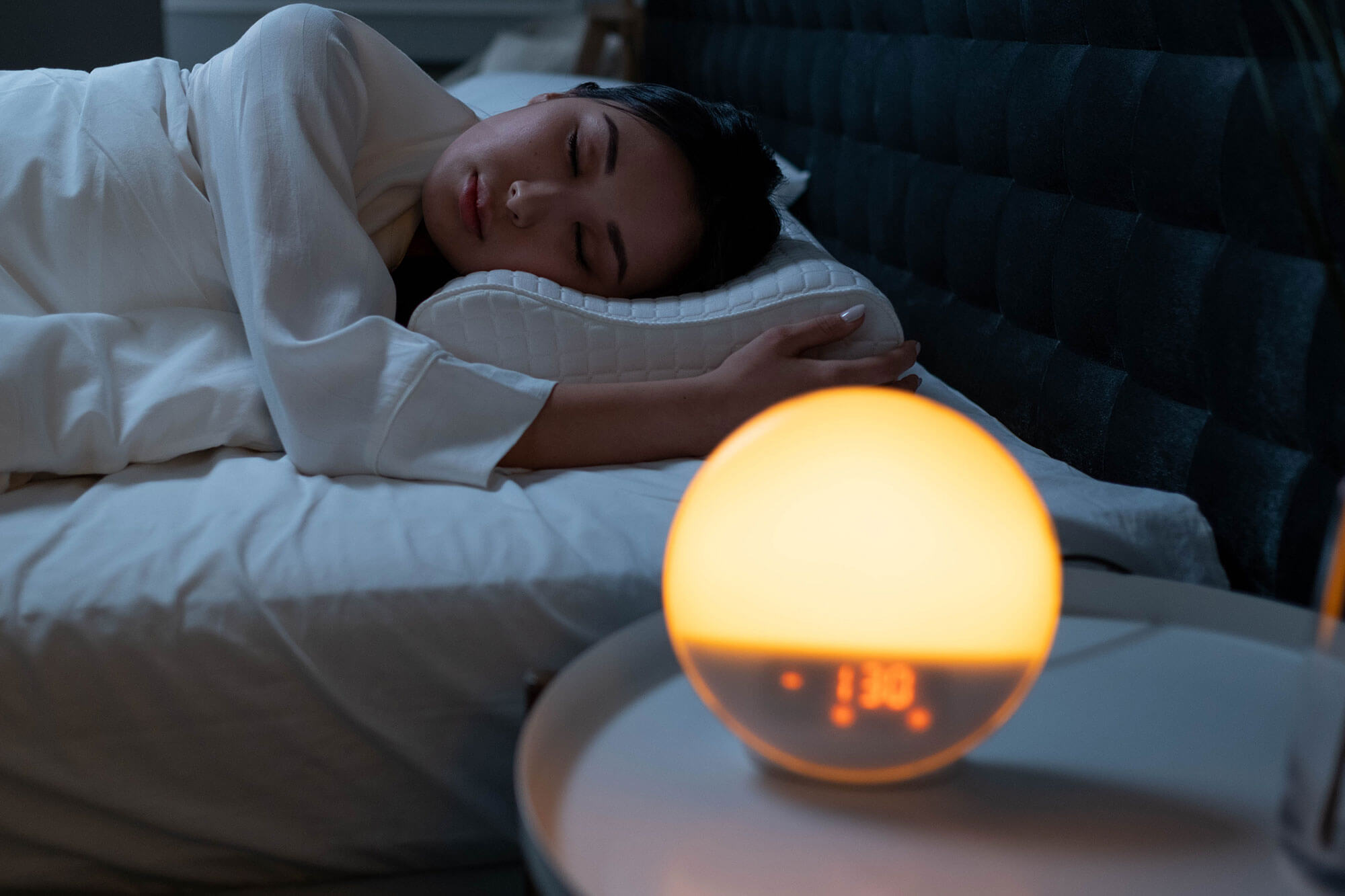
How Many Hours of Deep Sleep Do You Need?
On average, around 20-25% of sleep should be deep sleep. So, if you sleep for 7-8 hours you need roughly between 1.5-2 hours of deep sleep each night. You can now use sleep trackers such as an Oura Ring to help track your own sleep stages.
Without attaining the recommended average deep sleep per night, you might start to experience symptoms of sleep deprivation such as feeling lethargic throughout the day.
The exact amount of time a person spends in deep sleep changes as we age, with older adults spending less time in deep sleep than children and younger adults.
This also correlates with the trend that amounts of sleep decrease with age. So… how much sleep do I need based on my age?
• Infant (4-12 months): Infants aged between 4-12 months require a total of 12-15 hours of sleep per day.
• Toddlers (age 1-2): Toddlers aged between 1 and 2 require a total of 11-14 hours of sleep per day.
• Preschool (age 3-5): Children aged between 3 and 5 years require 10-13 hours of sleep including naps.
• School-age (age 6-12): Children aged between 6 and 12 need 9-12 hours of sleep.
• Adolescents/teens (age 13-18): Adolescents aged between 10 and 18 need 9-10 hours of sleep each night.
• Adults (age 18+): Adults aged 18+ need between 7 and 9 hours of sleep each night however this is typically less for adults over the age of 65.
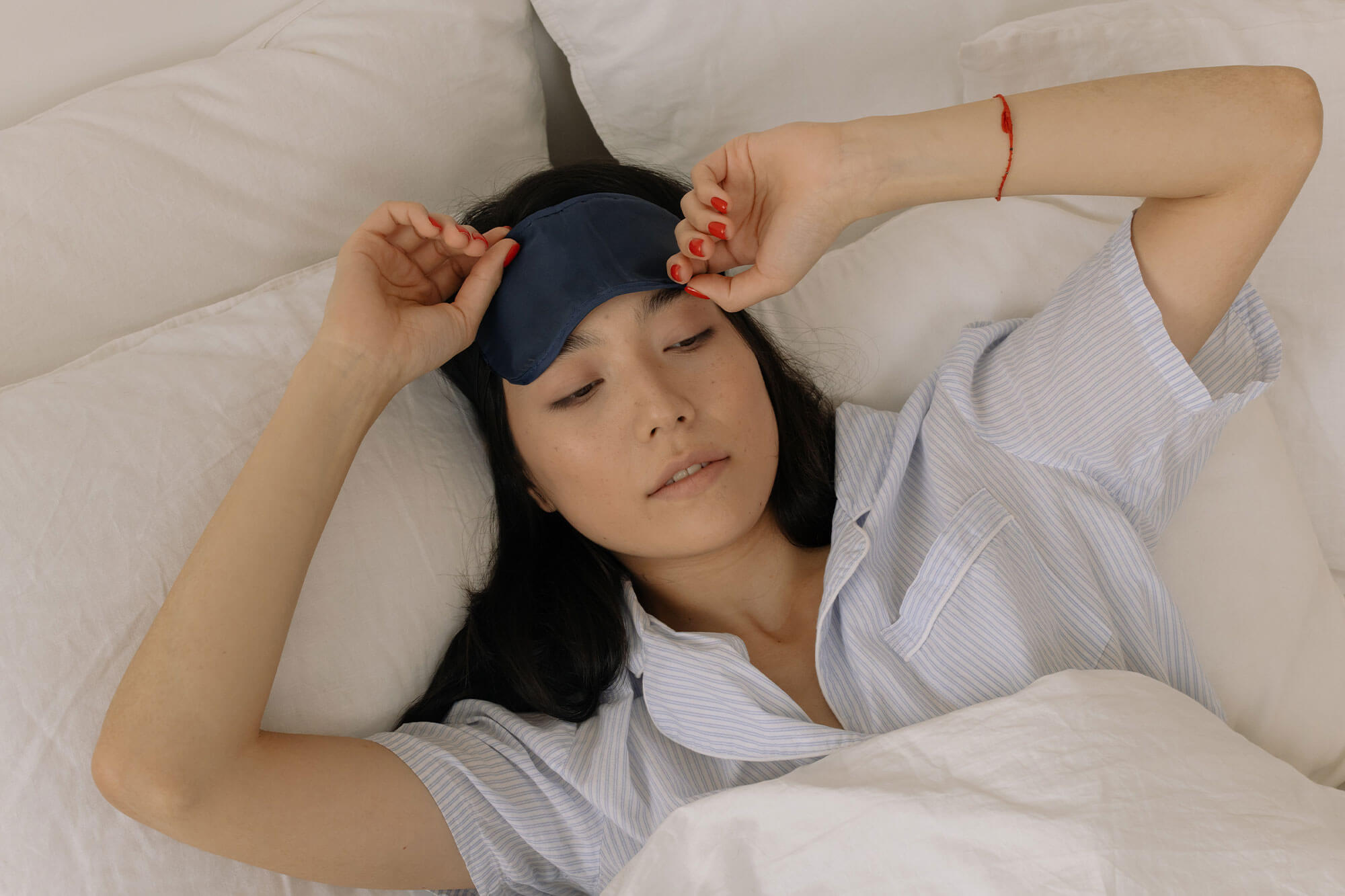
How Can I Get More Deep Sleep?
If you’ve got this far, you’re probably keen to learn how you can get some better ZZZ’s.
You may have heard that carrying out regular exercise, avoiding large meals and caffeine before bedtime, removing electronic devices from the bedroom and aiming to go to bed at the same time every night and getting up at the same time every morning can improve your sleep health.
These habits definitely can help you improve your sleep health but sometimes you need a little extra help.
There are a number of great supplements, products & tips to aid your sleep health. Here’s a rundown of our favourites:
3D Sleep Masks:
3D sleep masks are designed to block out light completely, which promotes natural melatonin production, and allow for normal eye movement during REM sleep.
Magnesium:
Magnesium comes in many forms from orals to topical products. There are different types, some absorb well & some don’t. For sleep, we suggest that you take something like Magnesium Glycinate, which is highly absorbed by the body orally.
You should aim to take around elemental magnesium before bed for reduced disturbances & deeper sleep.
There are also things like magnesium oil spray which is natural form of magnesium oil from the sea, in which you can rub it into your feet for high absorption rate which bypasses the digestive system. This can help with overall sleep quality.
Don’t Eat 2-3 Hours Before Bed:
This is crucial! When you sleep you ideally need to have already digested a lot of your food, because if your body is spending time digesting it is not spending time recovering the rest of your body.
This is has been shown with sleep trackers, for individuals who have eaten late, their heart rate stays elevated through the night. This shows a lack of recovery in general terms, meaning that your muscles, body tissue & skin & cells may not have had the full repair they deserve.
Sleep Sprays:
Sleep sprays contain calming essential oils including lavender, patchouli and jasmine which creating a calming atmosphere and promote relaxation.
Epsom Salts:
Epsom salts help relax muscles and relieve tension in the body for a rejuvenating night’s sleep. Helping yourself wind down in the evening before bed can have a positive impact on your sleep.
Sleep Patches:
Sleep patches contain calming CBD and lavender which are known to help reduce stress and anxiety, alleviate pain and improve sleep quality.
Cool Bedroom:
Sleeping with a cool bedroom is important for deep sleep! Having a warm bedroom completely disrupts the sleep cycles of the body, therefore it is best to have a cool bedroom.
Aim for a bedroom temp of around 18°C for optimal deep sleep conditions.
Bamboo Bedding:
Bamboo bedding helps to naturally regulate your body temperature, keeping you warm when it’s cool and vice versa. Being comfortable while you sleep obviously plays a role in your sleep quality, if you’re not comfortable while you sleep you’re not going to sleep well.

Summary
In essence, a good night’s slumber transcends mere duration — it’s the depth that truly rejuvenates. For peak restoration, aim for deep sleep to constitute 20-25% of your nightly rest.
This isn’t just about clocking hours; it’s about nurturing quality, as proper deep sleep is pivotal for myriad health dividends.
By prioritising your evening routine, allowing sufficient time to relax, getting to bed early, and choosing the right supplements, you’re more likely to improve your deep sleep.


